|
http://www.naturallearning.net.au
Programming, documentation, observation, assessment, reflection, and so much more, are part of our professional obligations as educators. It is also the one area many educators find the most challenging, that causes them the biggest stress and anxiety, that sadly often causes conscientious educators to leave the profession. Yes, it is a hill we have to climb but why has it become an often insurmountable mountain?
If the answer is yes to any of these, maybe it’s time to rethink your programming and documentation. Why? For educator health and well-being and for the children in your care. What do the regulations say? What are the expectations of educators in this regard? Standard 1.3 Assessment and Planning Educators and co-ordinators take a planned and reflective approach to implementing the program for each child. Assessment documentation must be kept for each child. There is no prescribed method in the National Law or National Regulations for documenting assessment of children’s learning. For children who are preschool age and under, this documentation should include:
Is it.......
Why have we started sending regular photo updates to parents every day, whose idea was that? Yes, the parents like it and ask for it and now demand and expect it. Does it benefit the children or the educators? No, it disconnects us from the children and is just another responsibility for educators. Parents can get regular/daily updates when they come to the setting. 10 Considerations and Reflections 1. Consider who we are programming and documenting for. I document for the 1 children, 2 parents, 3 myself and 4 assessors 2. What they want to see. Children and parents value photographs, children's mark making and drawings. Parents value children's voices as well as the learning and development identified. From my experience, the more we write the less parents engage with it. 3. What we should document NOT EVERYTHING! EYLF and MTOP are play and leisure based frameworks so the majority of our documentation should be of play. There is no requirement to document everything and every day. 4. Format - electronic or BIG Book? My preference is a hard copy, a BIG Book where up to 10 children can contribute together as a community. A smaller individual journal/individual portfolio. This is sensory, allows children to revisit their experiences and learning when they choose to, even 6 months later. Allows children to reflect on their own learning over time. Children can continue to add to past experiences. Physical objects can be included. Children can share books with other children. 5. Who should be involved in the documentation All educators and adults engaging with the children as well as the children themselves. I believe children have a right to know what we document about them and be part of the process. 6. The best time to document When the children are there, when it suits everyone, different times of the day, small groups choosing to participate. 7. Why the children should be included Working together in a BIG book creates a community of learners, highly meaningful small group experiences. Observing adults scribe children become aware of the link between the written and spoken word. Children have agency, they can request that some stories are not told or photographs not used. 8. Children's contributions Choosing photos, cutting them out, gluing them in, talking about them, adding drawings or marks. Children may also take some of the photos. 9. Adult's contributions Meaningful photographs. Support and engage with children documenting their own experiences. Observe, reflect and analyse experiences and conversations with children. Develop Planning Possibilities linked to your reflections of children's experiences and conversations. Identify and make learning and development visible to families. Photograph sections or pages of the BIG book to add to the individual books. Link progression in children's learning and development to EYLF?MTOP 10 Non contact time Used for reflection, research, making of resources
5 Comments
5/28/2021 08:38:54 am
Great reflection! We couldn't agree more. Thank you for identifying these points.
Reply
Michelle Wassell
1/13/2022 10:04:33 am
Such a great resource. I found floorbooks to be such a useful tool when I was working in LDC. I find so many larger organizations place an unrealistic expectation onto services, so they have to comply with that, but then not given the required time to complete. It is such a minefield and I would love to see greater clarity in this area - I hope many, many educators and managers read your blog Niki!!
Reply
5/28/2024 12:30:17 am
How can programmers avoid overcomplicating simple tasks and focus on efficient solutions without turning small issues into major challenges? Visit us <a href="https://journals.telkomuniversity.ac.id/">Telkom University</a>
Reply
Leave a Reply. |
AuthorNiki Buchan Archives
March 2022
Categories |
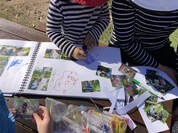
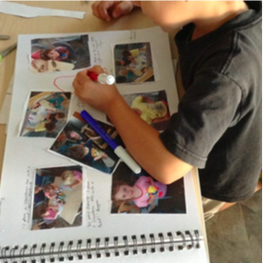
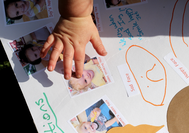
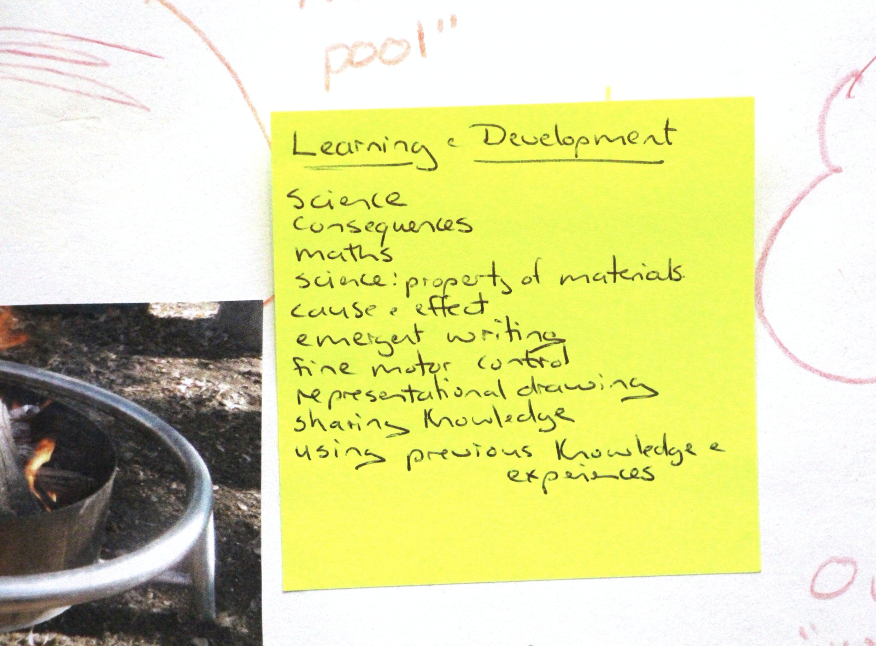
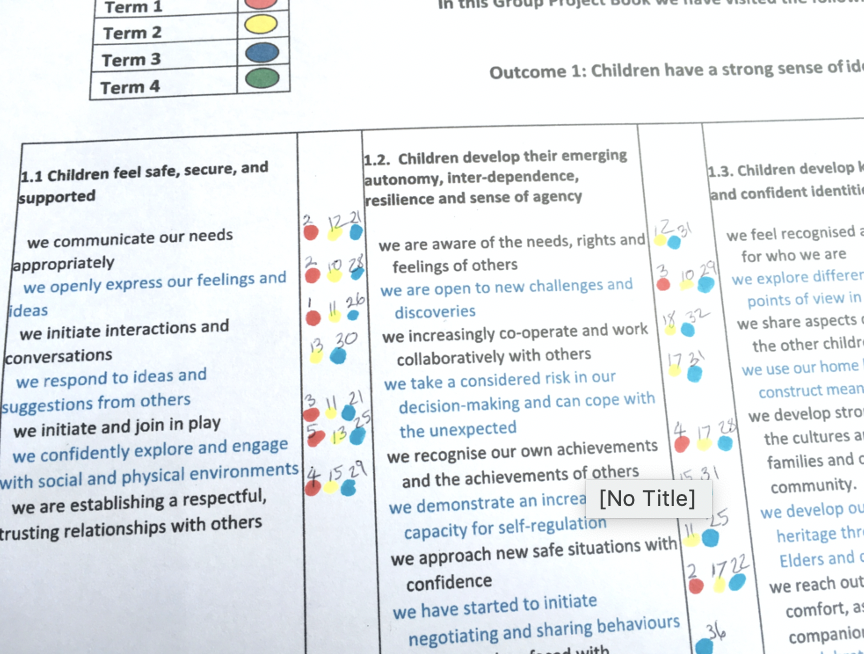
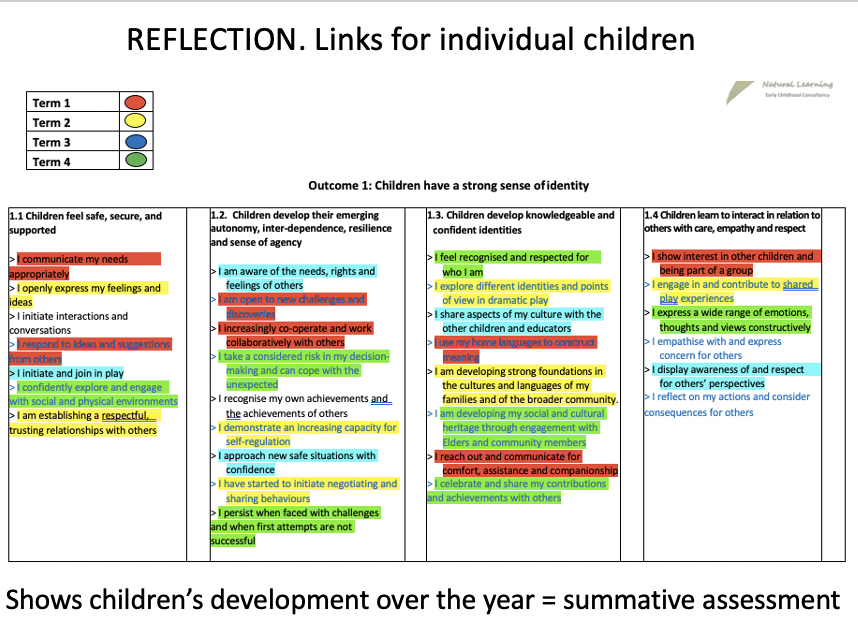
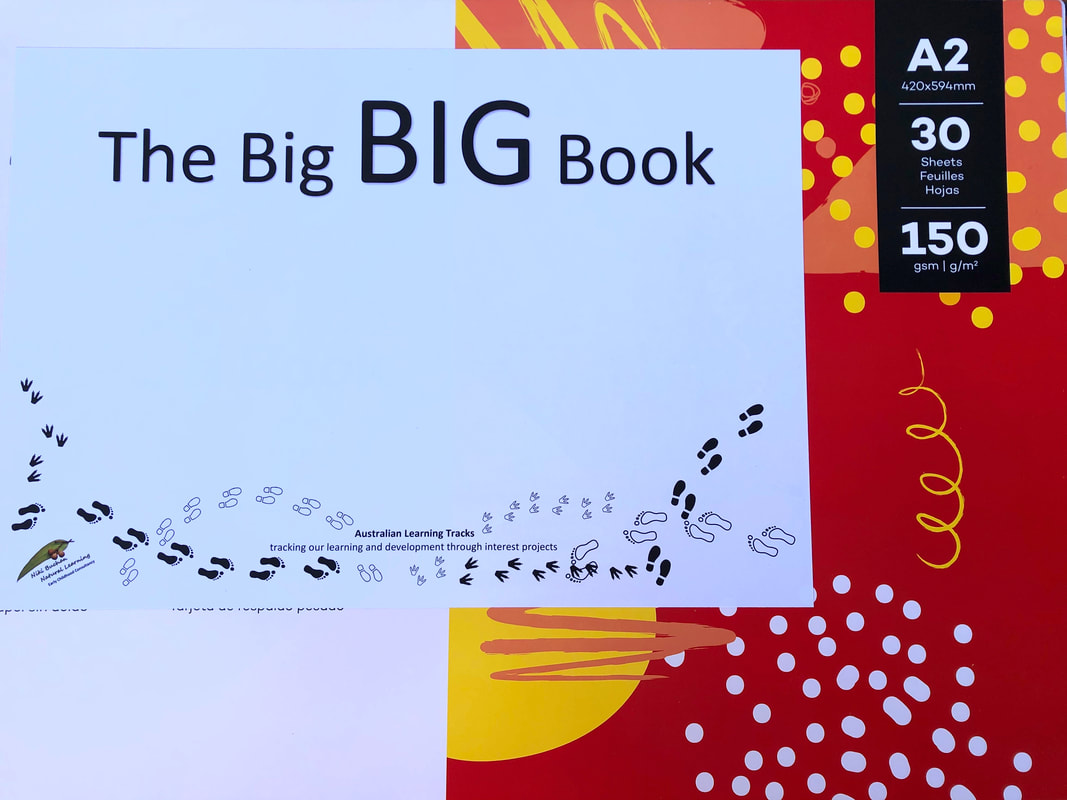
 RSS Feed
RSS Feed